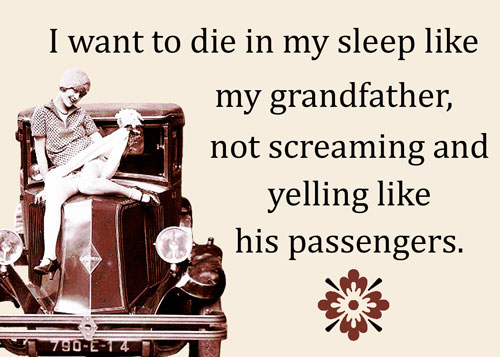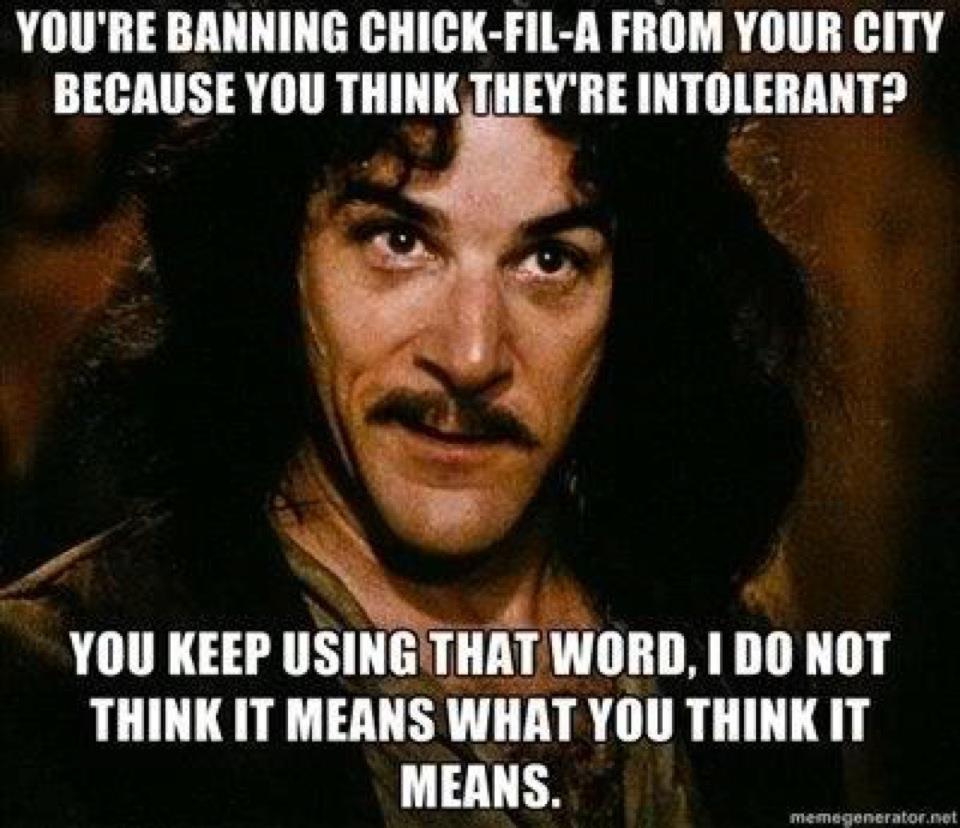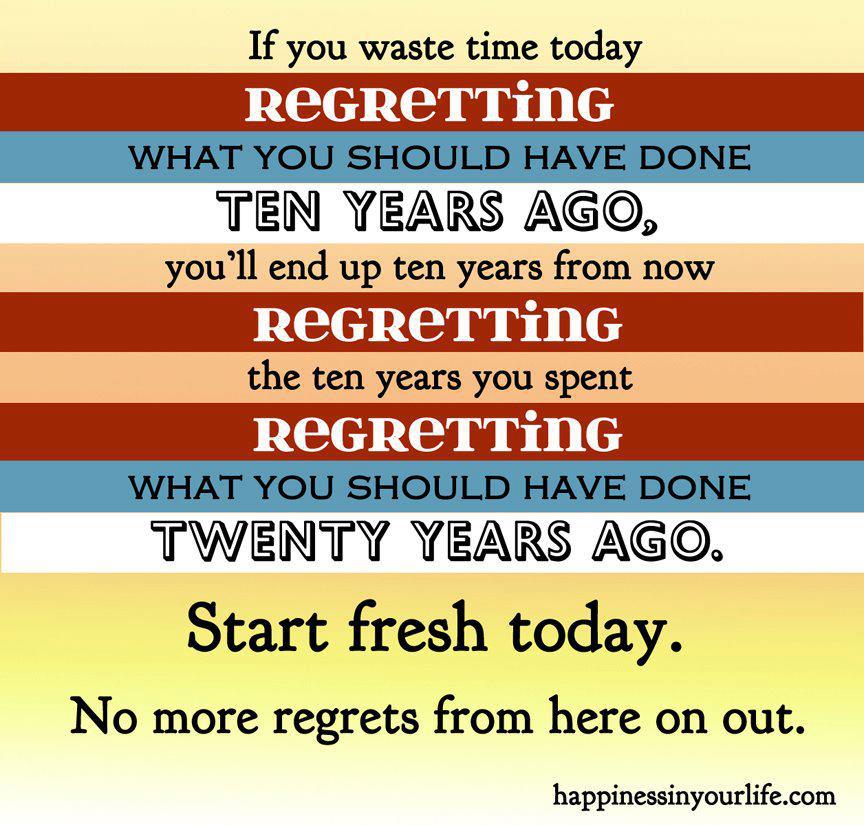 When I read the Bible, I can’t help but wonder certain silly questions like,
When I read the Bible, I can’t help but wonder certain silly questions like,
- “Did Adam have a belly button?
- Did the serpent speak with a lisp?
- Was Boaz built like Fabio?
I get these certain images in my mind of what the person or event looked like and wonder how close I am to the truth. I read about some of the amazing events that occurred (parting of the Red Sea, fall of Jericho, etc) and wonder what it must have been like to actually have been there.
I read the stories that involve legendary men like Elijah, Jonah, Job, David or Paul and marvel at what occurred in their lives. The truth is, they probably didn’t think they were very legendary at the time. They were just ordinary men who did extraordinary things when their lives were yielded to a miracle making God.
What would it have been like to be the Prophet Elijah? The miracles God performed through him were truly remarkable. He caused the rain to cease for 3 1/2 years simply by praying (1 Kings 17:1). He resurrected the widow’s son from the dead (1 Kings 17:22). He called fire from heaven on the altar and then slayed 850 prophets of Baal (1 Kings 18:38). He parted the Jordan River (II Kings 2:8). So significant was his impact on earth that his assistant’s (Elisha) only request was that when Elijah died, he be given a double portion of his spirit (II Kings 2:10).
What would it have been like to be the Prophet Jonah? Though he was initially disobedient and rebellious, the book that bears his name ends with Jonah leading the largest revival ever recorded in the history of the world. (Interestingly, the city that Jonah was called to preach to was named Ninevah, today known as Mosul – located in modern-day Iraq.) If a preacher today could preach one sermon and convert an entire city (over 120,000 people) – he would be on the cover of Time magazine and interviewed on every major network – not to mention immediately become the Pastor of the world’s largest church. That was the accomplishment of this reluctant evangelist.
What would it have been like to be Job? The greatest man in all the East. Wealth, beyond imagination. His whole life was just one giant blessing – from his business to his family to his walk with God. So pure was Job’s heart that God was led to showcase His “blameless and upright” servant before an exclusive heavenly audience. If he were a businessman today, Job would be a CEO for a Fortune 500 company and at the top of the “World’s richest man” list. Financially, he was the Bill Gates of the Bible.
What would it have been like to be King David? A shepherd boy turned king. The youngest in his family and the ruler of God’s chosen race. A poet, a musician, a writer, a warrior. A man who killed a lion & bear with his bare hands. A man whom God used to save his nation from imminent slavery. Without David’s pen, we would not have most of the book of Psalms. Though his life was beset with many sins, he was undoubtedly blessed by God and would be forever known as Israel’s greatest king.
What would it have been like to be the Apostle Paul? One week he is killing Christians. The next week he is one of Christ’s most devoted followers. Even while in prison, he had an audience with the kings of the culture, Governors like Felix & Festus. Because of God’s writings through Paul, we have 13 books of the New Testament. A church planter, discipler and pastor – we owe much of Christianity’s impact in the first century (and beyond) to this one man.
What do these men all have in common? For starters, they all were considered righteous. They all were (eventually) enormously successful. They all were used by God in mighty ways. They all made a significant impact upon their culture. But there was one more attribute they all had in common.
Surprisingly, they all, at one point, wanted to die.
- Fear of Jezebel caused Elijah to desire death after his amazing victory over the prophets of Baal.
- Job wanted to die after experiencing unimaginable loss – even regretting the day of his birth.
- Jonah would rather die than see an enemy people enter the family of God.
- David often despaired of his life when chased by his enemies, as recorded in the Psalms.
- Paul wanted to die while being persecuted in chains (Philippians 1:21-23).
You expect losers to want to die. You expect quitters to want to end their life. You expect people whose lives don’t amount to much to desire the next life. But not Christians! Not successful people. Not people who have been used by God. Especially not legendary men of the Bible!
Yes, sometimes even Christians struggle with depression. Sometimes even successful people want to end their lives. Even the legendary men of the Bible wanted to quit at times.
Have you ever felt like dying? Ever want to call it quits? I have – many times, even recently. As recent as tonight. Like Job, I have experienced painful loss. Like Paul, I have been persecuted by enemies. Like David, I have seen the devastating effects of my sins. Even tonight, I feel crushed by the weight of my past. Like Jonah, I have wrestled with not wanting to do what God called me to do. I have desired, many a time, to just be gone from this hurting planet. “Why am I stuck in traffic“, I think, “when I could be on streets of gold?”
The older I get, the less I want to be here. The more time I spend on earth, the stronger my desire is for Heaven.
I’m not alone. I have many friends who are, right now, struggling with enormous daily problems; financial, emotional, relational, physical. It seems everywhere I turn, people are hurting. There are times when life is just overwhelming and the easy answer is to end it all.
But we keep going. We put on a smile at breakfast even as we attempt to help little ones rise from the dead (aka sleep). Killing a bear would be easier than helping a child get ready for school. We get dressed every day in spite of the Goliath waiting for us at work. We can barely part the laundry let alone think about parting the Red Sea. We try to do what God calls us to do, in spite of the physical or emotional pain. Some days, just getting out of bed is an accomplishment.
In a lot of ways, whether you know it or not, you are in good company. Men like Elijah and David and Jonah relate to your struggle. They too, wanted to quit but didn’t.
Here is the good news. Your story isn’t over yet. There is still time on the clock. The last chapter has not been written and the movie credits have not scrolled up. Today may be hard but God is not unaware of your struggle. The miracles of the Bible are still available today. The only difference between you and the Prophet Elijah is time. The same God that helped David kill the lion and the bear is the same God that helps you pay your bills and drive your kids to soccer practice. Your tasks may seem different, but the lesson is still the same.
TRUST.
Granted, you may have some big problems to address. I know I do. But you also have a BIG GOD at your side. David did not look at Goliath and think “He is too big, I’ll never hit him.” Because of God, David looked at Goliath and thought, “He is so big, I can’t miss.” David didn’t kill Goliath because of “five smooth stones.” David killed Goliath because He trusted a God who could aim. God still aims today. And He uses what is in our hand to do it.
Today, as you go out into battle – trust that you are not alone. Trust that there is a God “who is able to do immeasurably more than all we ask or imagine, according to His power that is at work within us.” (Ephesians 3:20)
HIS power.
At work.
Within us.
Are you accessing that power? Ask Him for it.
Paul did. David did. Jonah did. Job did. Elijah did.
So can I. Yea, even me.
So can you. Yea, even you.












